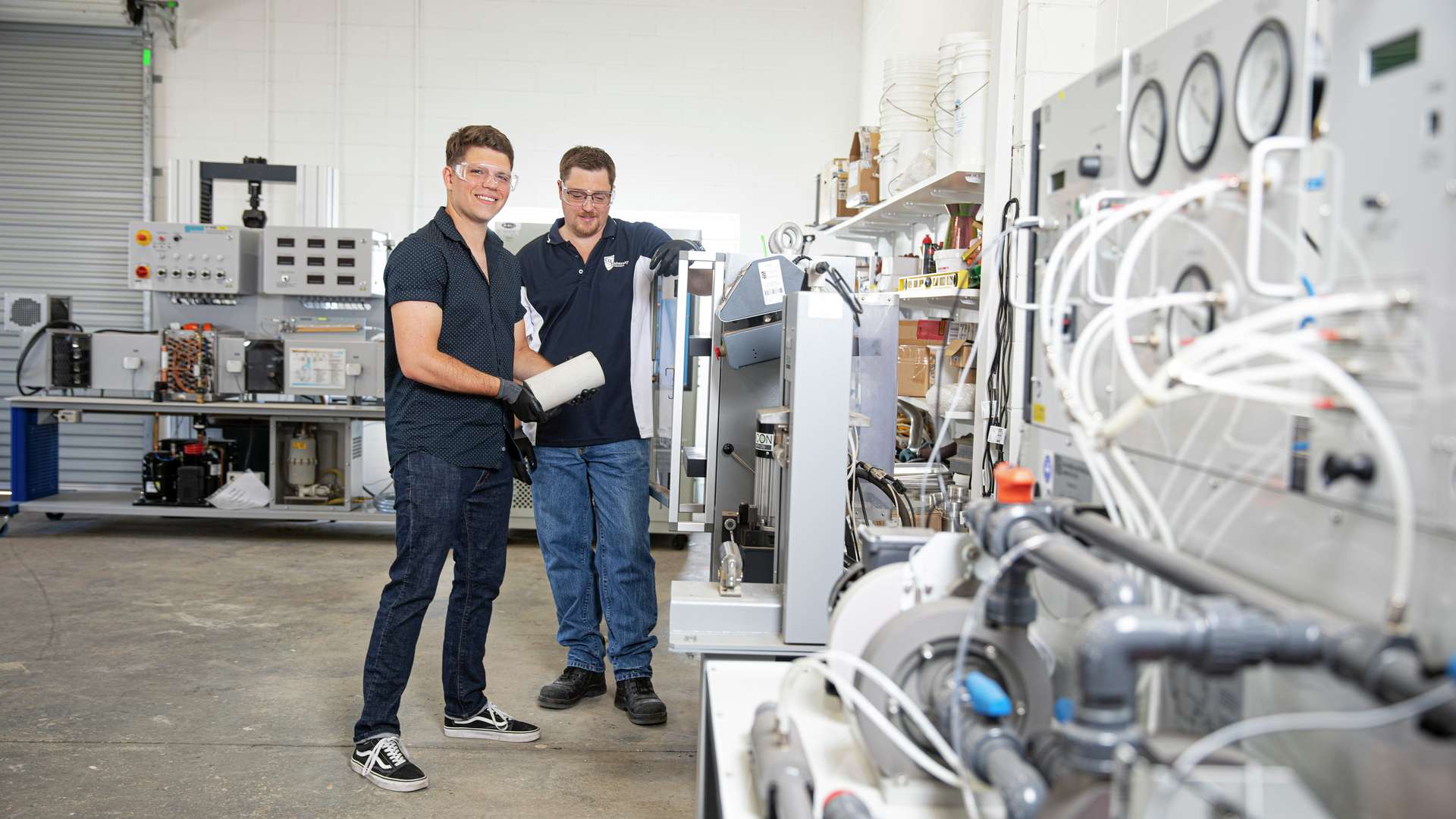Bachelor of Engineering (Honours) and Diploma of Professional Practice (Co-op Engineering)
Rank threshold
ATAR: 72 SR: 72
Duration
4.5 years full-time, 9 years part-time
Location
Online
Next start term
Term 1, 2026
Study mode
On Campus, Online
Course code
CC32
First-year fee
$9,000 (2026 Indicative) (CSP)

Overview
Study Experience
Discover more about your industry-accredited engineering degree and how you'll benefit from 48 weeks of paid industry placement. Click 'Explore Study Experience' for more information.
- Experienced Teaching Team
- Global Experiences
- Industry Relevant
- Online or On Campus
- Study Full-time or Part-time
- Work-integrated Learning
Structure & Availability
Requirements
Fees & Scholarships
Please Select

